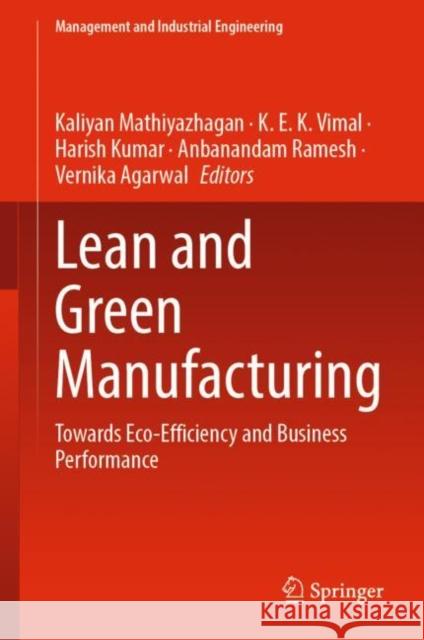Lean and Green Manufacturing: Towards Eco-Efficiency and Business Performance » książka
topmenu
Lean and Green Manufacturing: Towards Eco-Efficiency and Business Performance
ISBN-13: 9789811655500 / Angielski / Twarda / 2021 / 275 str.
Lean and Green Manufacturing: Towards Eco-Efficiency and Business Performance
ISBN-13: 9789811655500 / Angielski / Twarda / 2021 / 275 str.
cena 684,33
(netto: 651,74 VAT: 5%)
Najniższa cena z 30 dni: 655,41
(netto: 651,74 VAT: 5%)
Najniższa cena z 30 dni: 655,41
Termin realizacji zamówienia:
ok. 16-18 dni roboczych.
ok. 16-18 dni roboczych.
Darmowa dostawa!
Kategorie:
Kategorie BISAC:
Wydawca:
Springer
Seria wydawnicza:
Język:
Angielski
ISBN-13:
9789811655500
Rok wydania:
2021
Wydanie:
2022
Numer serii:
000473066
Ilość stron:
275
Waga:
0.45 kg
Wymiary:
23.88 x 20.32 x 1.52
Oprawa:
Twarda
Wolumenów:
01











